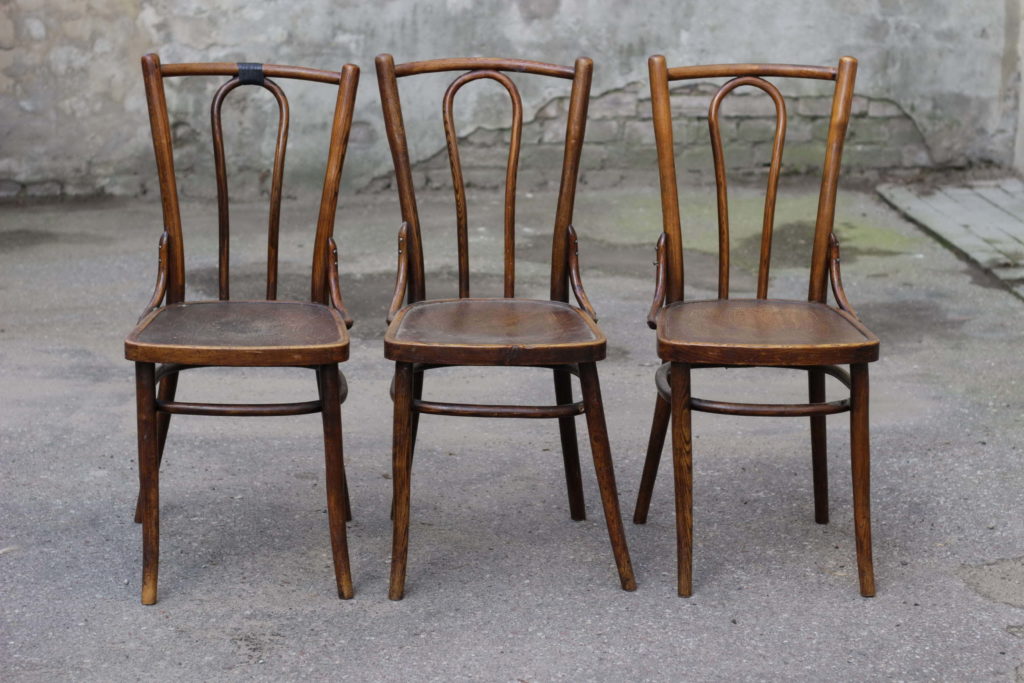Our culture is in the process of devolving from one in which we work together for the common good despite disagreements, to one in which we take sides–join tribes–whose common motto is “my way or the highway,” and whose modus operandi is “win at all costs”… a trajectory that is self-defeating, frightening, and (even) deadly.
In order to explain “Why The Jacob Challenge?”, it’s useful to revisit famous American philosopher Henry David Thoreau’s quote about the invaluableness of what’s called “simple living”: “I had three chairs in my house,” Thoreau said, “one for solitude, two for friendship, three for society.” What does Thoreau mean?…
First, it is critical by midlife that each of us becomes reacquainted with him- or herself, which begins by casting aside racial, religious, political, occupational, lifestyle, geographic, and other self-identifiers. None of us is, first and foremost, a “Black, Jewish, Republican, Pastry Chef and Biker from North Dakota.” We are human beings and, like all human beings, share the same existential experience: we’re born; overcome adversity; experience joy and pain; build and/or join families and communities; love and hate; and die. The Jacob Challenge enables each of us to think deeply about his or her own humanity, as nothing is more fundamental to creating a strong community than the integrity of its individual members.
Second, friendship is most solid when built upon the understanding of and compassion for one’s own and another’s humanity; it is the critical building block upon which strong communities are constructed, and the raison d’être of The Jacob Challenge.
Third, the self-understanding and friendships engendered by participating in The Jacob Challenge should help us in all our communal endeavors to break down barriers, speak a common language, and find common ground. The challenge is to listen and converse… not talk past each other. Like in wrestling (whether you think of wrestling as an existential or athletic activity), true communication requires risk, engagement, skill, hard work, and tenacity. It is neither an easy nor painless enterprise. Clichés, tropes, stereotypes, pat viewpoints, and dogma are the enemy of the civil communication required to negotiate differences in a pluralistic society.
The Jacob Challenge, then, is about rebuilding the ability to listen, understand and empathize. We believe that now more than ever the world needs people who have these abilities, and that more good than we can ever imagine will come out of this movement. Thank you for embracing The Jacob Challenge, and reading on for information about organizing or joining a group!

